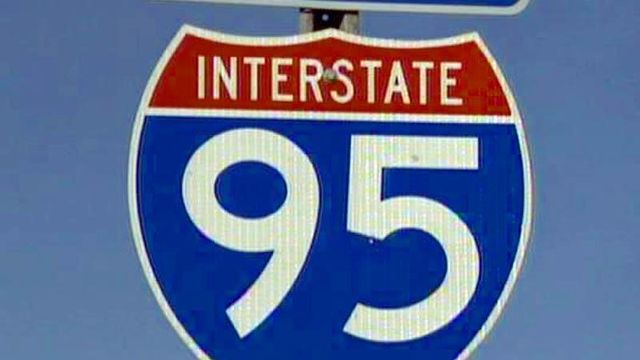Report says tolling necessary to improve I-95
A state-commissioned study recommends tolling the 182-mile stretch of Interstate 95 that runs from South Carolina to Virginia to pay for $4.4 billion in road improvements.
Posted — UpdatedThe $6.4 million I-95 Corridor Planning and Finance Study, which was submitted to the state this month, found it necessary to raise bridges, rebuild others, improve interchanges, bring the interstate up to current safety standards and widen the highway from beginning to end.
North Carolina would only be able to fund about 10 percent of the project. Bonds would pay for the first of two phases, and tolls would pay for the second.
"Without putting a toll on I-95, there really is no other way to make these improvements, and these are necessary improvements," Kristine O'Connor, a project manager with the North Carolina Department of Transportation, said Thursday.
Construction on Phase I – 61 miles from mile marker 20 in Robeson County to mile marker 81 at the Interstate 40/95 interchange in Johnston County – would begin in 2016 and end sometime in 2019.
The second phase would get under way after the first is complete.
Electronic tolling – the same type of technology being utilized on Interstate 540 in Wake County – would begin on all of the North Carolina stretch of I-95 after the first phase.
Travel on Phase I would cost 19.2 cents a mile. The remainder would be tolled at almost 6.4 cents a mile. Driving the entire stretch would cost about $19.20.
The plan calls for nine tolling zones, about 20 miles apart, meaning that some trips would still be free, depending on where drivers enter and exit the highway.
"We want to try to minimize the impacts to locals using the highway," Knox said.
Historically, states have not been allowed to toll existing roads, but North Carolina is applying to be part of a federal pilot program that would make the I-95 project an exception.
The state will be notified by May if it is approved for the program.
• Credits
Copyright 2024 by Capitol Broadcasting Company. All rights reserved. This material may not be published, broadcast, rewritten or redistributed.





